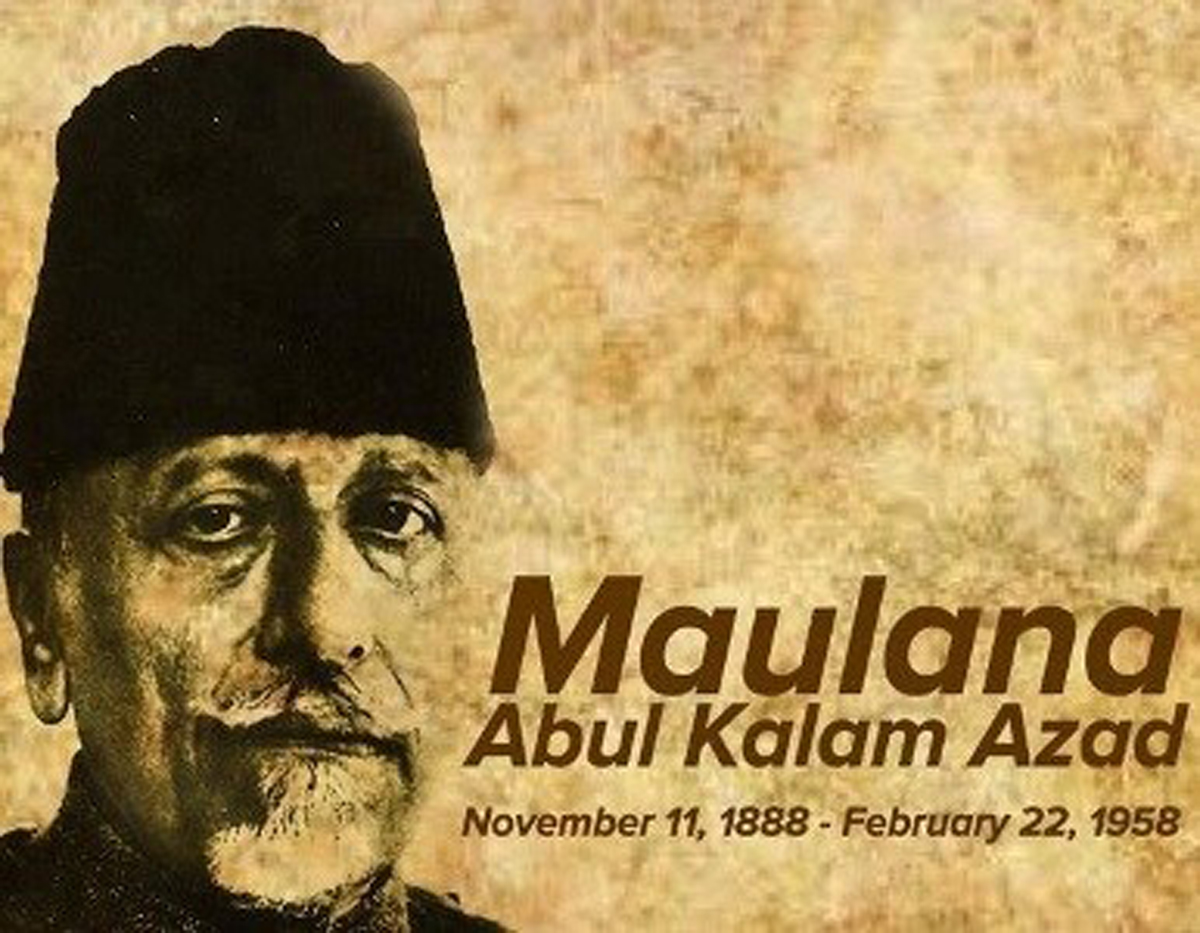Every year, November 11 is celebrated as the National Education Day in India. It is celebrated to commemorate the birth anniversary of the first Union Education Minister of India, Maulana Abul Kalam Azad as a mark of tribute to the contributions made by him in the field of education after India’s independence. Maulana Abul Kalam Azad had served as the Union Minister in the period from August 15, 1947 to February 2, 1958 when Pandit Jawaharlal Nehru was the Prime Minister. He was a freedom fighter, scholar, journalist, and educationist, and had played an important role in developing the education system in independent India. It important to underline that, in pre-independence India, he was one of the few leaders in the Congress who had never given in to the idea of partition of India.
Maulana Azad was the visionary behind IITs, IISc, and School of Architecture and Planning. He was also responsible for setting-up bodies like University Grants Commission (UGC), All India Council For Technical Education (AICTE), Indian Council for Cultural Relations (ICCR), Sahitya Academy, Lalit Kala Academy, Sangeet Natak Academy, and Council of Scientific and Industrial Research (CSIR). The first Indian Institute of Technology (IIT) was established in Kharagpur. He truly believed in the potential of IITs and had noted, ‘I have no doubt that the establishment of this institute will form a landmark in the progress of higher technological education and research in the country.’
In 1920, Azad was invited and elected as a member of the foundation committee of Jamia Millia Islamia at Aligarh in Uttar Pradesh. In 1934 he assisted in the shifting of the campus of Jamia Millia Islamia to New Delhi.
As the first Education Minister of a free India, he was responsible for setting up of the Central Institute of Education in Delhi. This later came to be known as the Department of Education under the University of Delhi.
With a resolution on September 11, 2008, the Central Government, had declared November 11 as the National Education Day. On this day, India remembers Maulana Azad’s contributions to nation-building through education. To celebrate National Education Day 2020, the Central Board of Secondary Education (CBSE) has asked schools to organize online seminars, symposia, essay writing, slogan-writing, elocution, and poster making competitions on the importance of education and the Nation’s commitment to all aspects of education.
Keeping in consideration the ongoing COVID-19 pandemic, CBSE has asked schools to celebrate National Education Day 2020 virtually. On National Education Day, the Education Ministry has asked the nation to “work towards reaffirming the right of every person to holistic, quality and inclusive education.”
The great scholar Abul Kalam Azad died on February 22, 1958 and was posthumously awarded the highest civilian award of the country, Bharat Ratna in the year 1992.
The author is a student member of Amity Centre of Happiness





